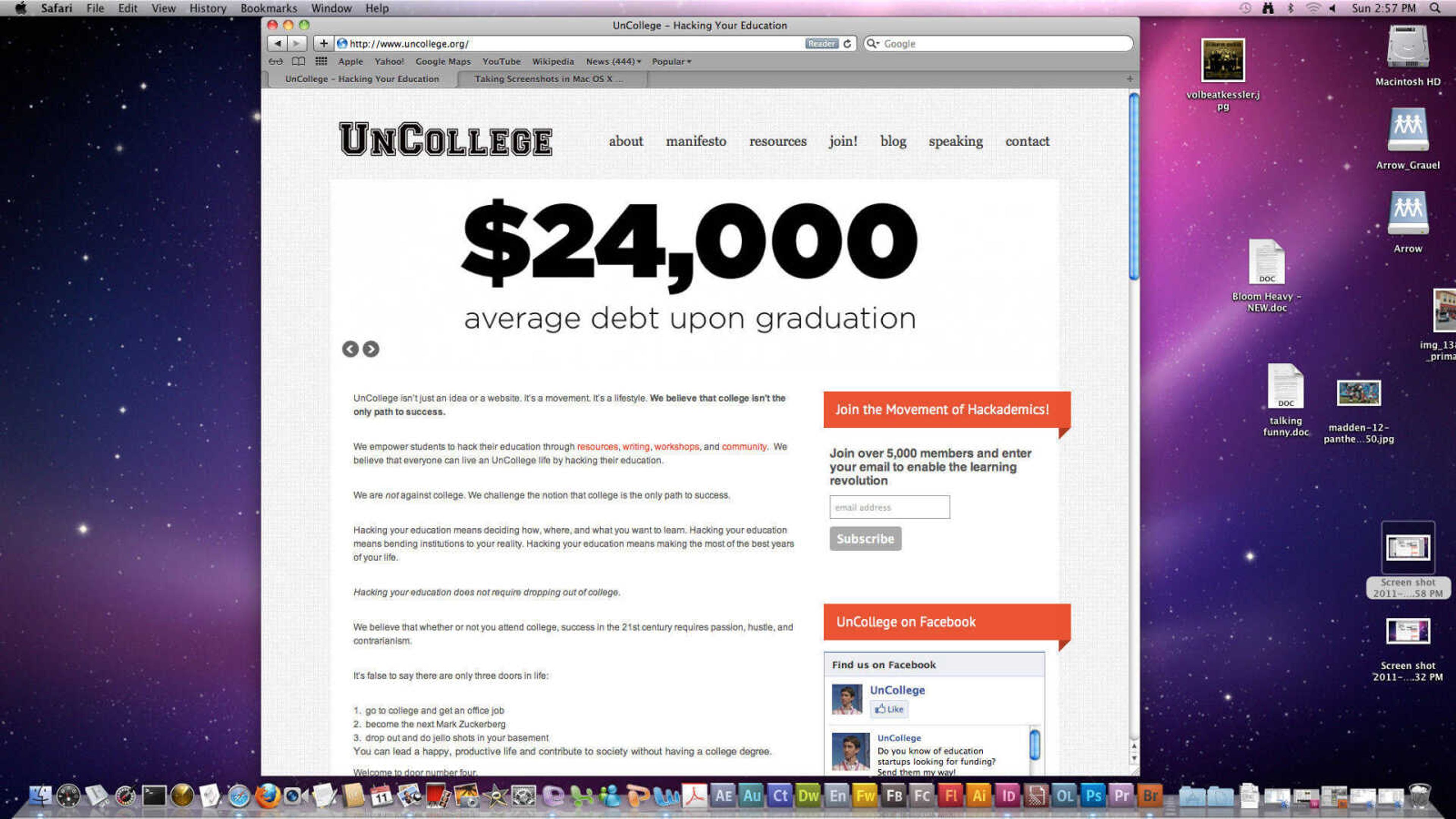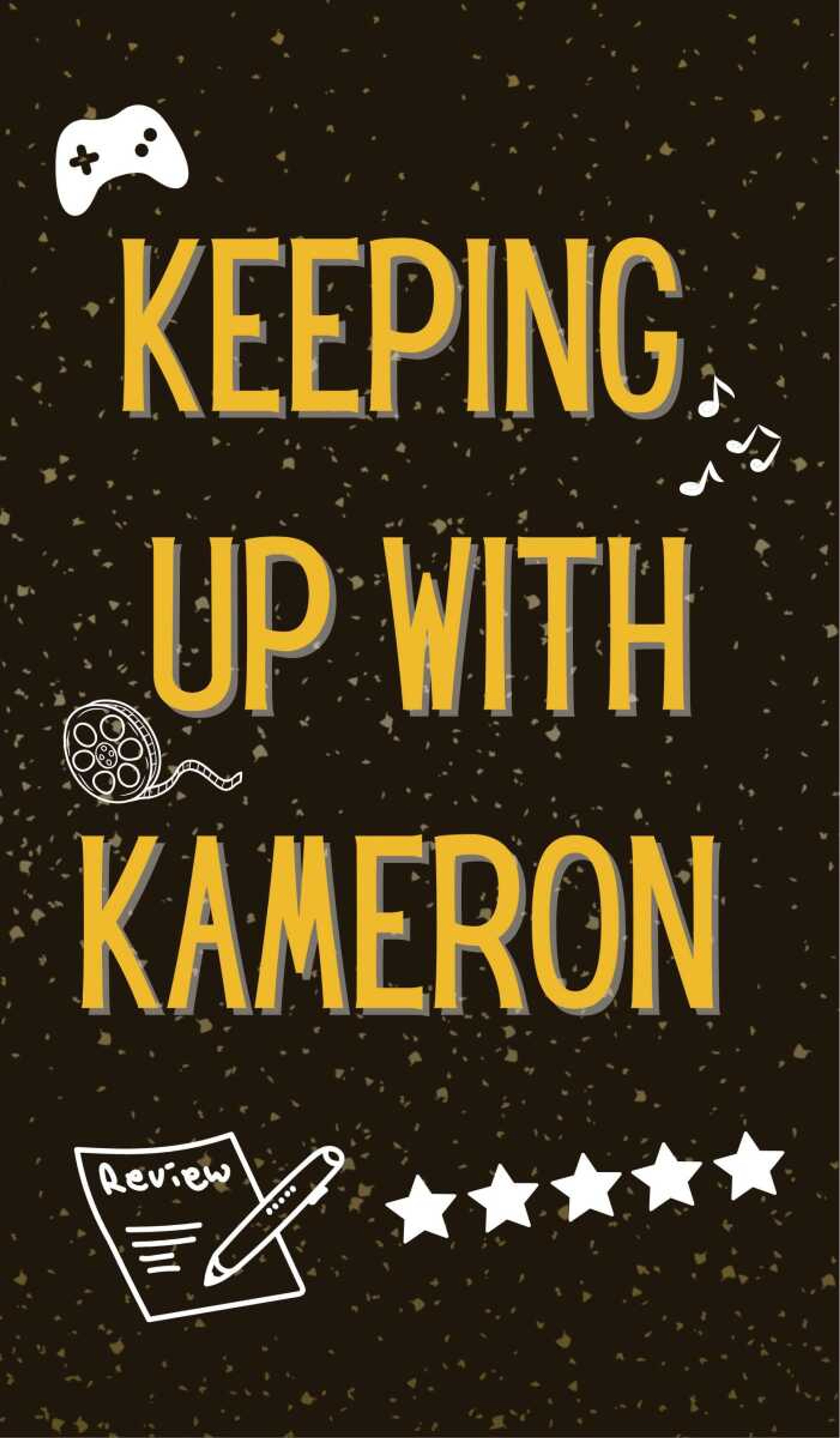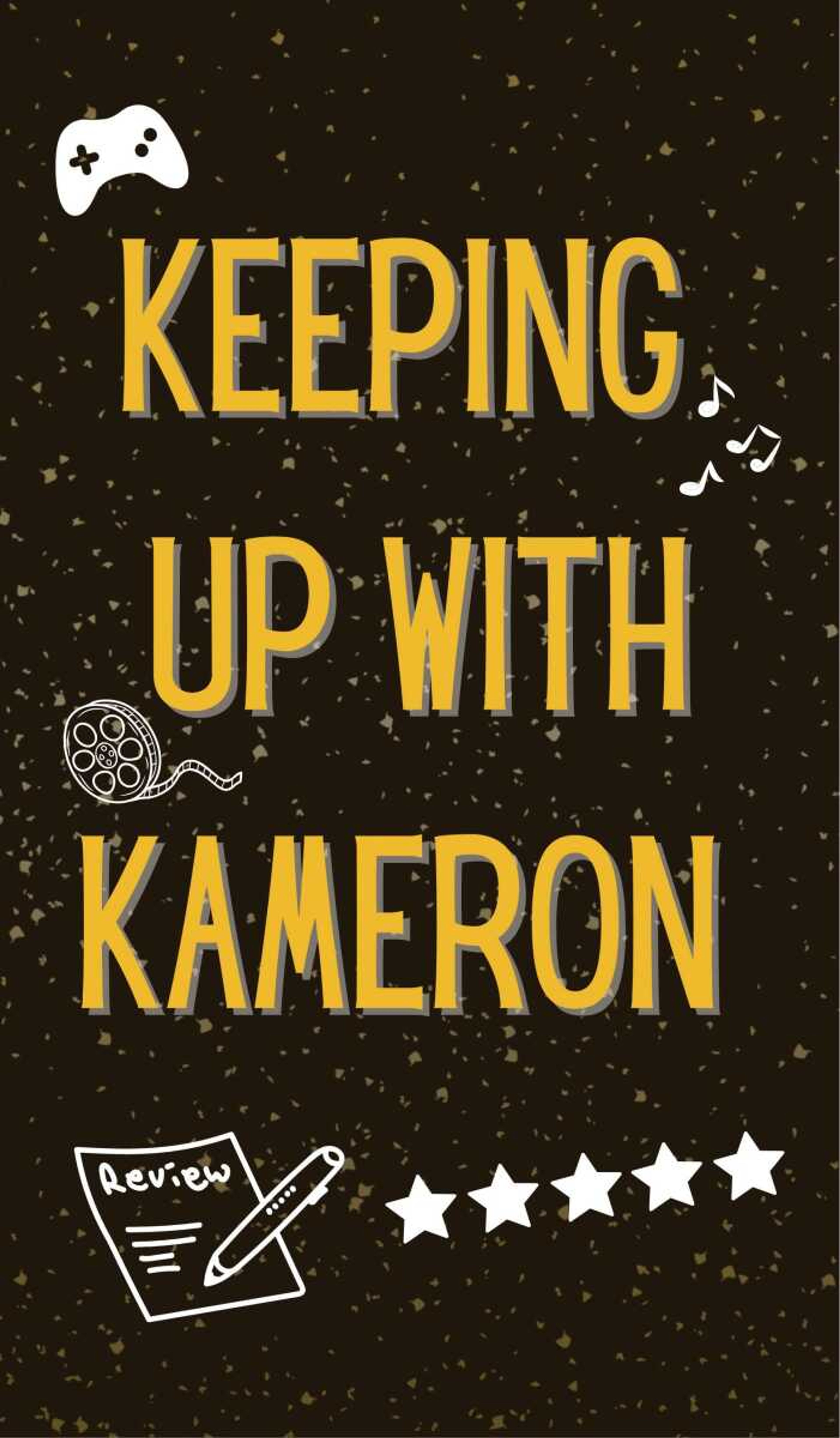"We believe that whether or not you attend college, success in the 21st century requires passion, hustle, and contrarianism" (UnCollege). With the national student debt surpassing the national cedit card debt for the first time in history last week, we as students can only stop to ponder the actual value of our college investment.
For some careers, the plan is simple; if you want to be a teacher, you go to school for teaching, if you want to be a nurse then go to school for nursing. But the simplicity stops there. The job market is not as friendly and inviting as it once was, and most jobs are not so easily defined.
The average undergraduate student graduates with $24,000 in student loans. However, if you simply skip getting a college degree and jump straight into the work force there is the fear of being stuck at that entry level position forever. It is not the eligibility from previous experience that is most important, but that lovely piece of paper we owe $24000 for.
As a little kid, I was always told that good grades get you free college and a high paying job. However, a pristine GPA does not equal easily acquiring a job, or, even more frightening, a job at all.
Technology is pushing us forward at record speeds. By the time we as students learn something thoroughly, it is already dated and replaced by something new. I skim through about a 50 technology articles a morning, five design newsfeeds, and a daily newsletter, on top of industry stories. Yet, I still feel like a fish flopping on dry land. There is just so much to keep up with and learn how to do.
The textbooks printed in 2010 simply are not cutting it. Classroom presentations created a few years ago by my professors are intermixed with dated trends and irrelevant information, while other pressing issues and skill sets are missed. If you sit down and watch software videos, chances are that software will be nonexistent in three years, and simply mentioning it will make you look like a grandma.
It seems a vicious circle, but perhaps it is because our view of the educational system as a whole is dated. If we are to be successful, contributing members of our professions, it will require self-motivated improvement and maintenance. When we encounter problems in our workforce, the solution will not be as easy as asking the teacher a question. We will be forced into researching our problems, finding valuable news resources, networking with others in our field and teaching ourselves the new software or processes. It is the adaptability, critical thinking, people skills, work ethic and learning processes that we gain in college that will be most beneficial. Whether that is worth $24,000, I guess is in the eye of the beholder.








